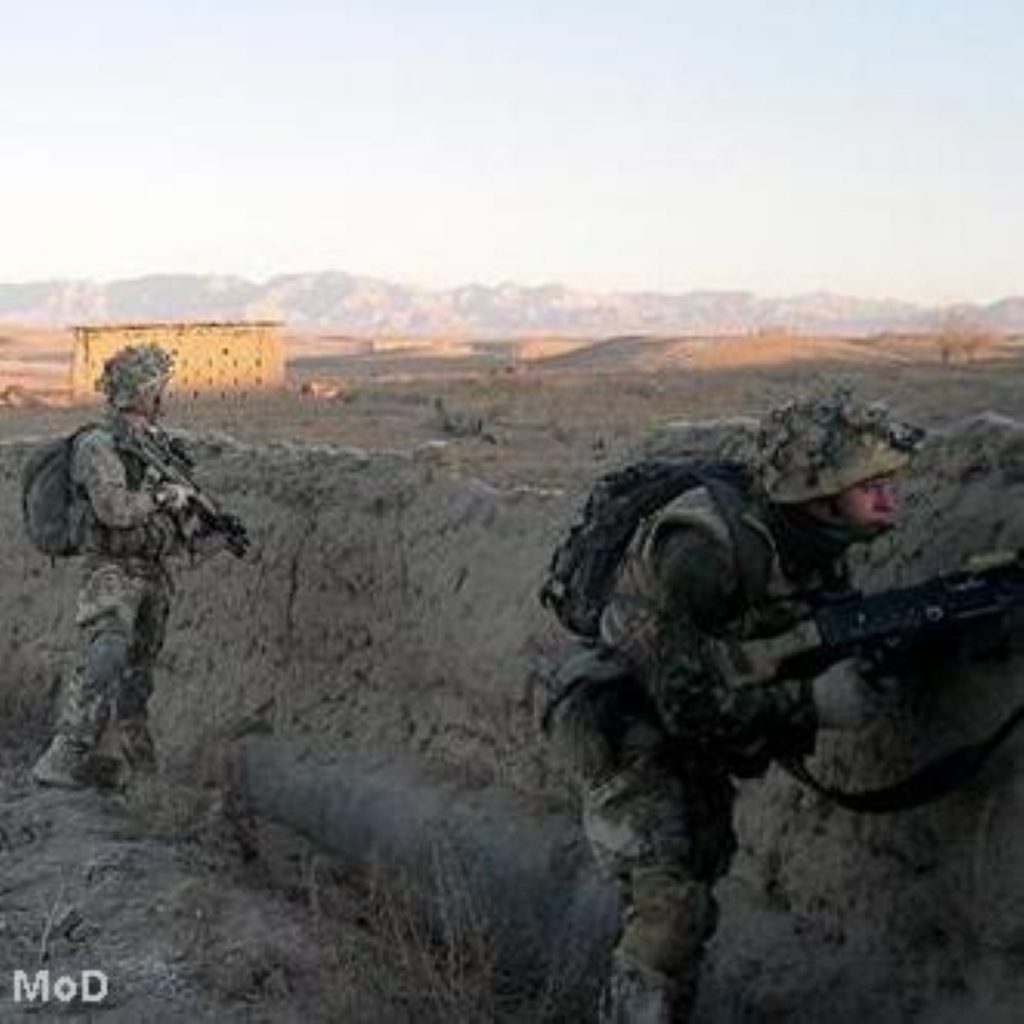MPs highly critical of MoD equipment strategy
The Ministry of Defence (MoD) has been criticised over its failure to update the UK’s Defence Industrial Strategy.
A report by the Commons defence select committee published today suggests that without an updated strategy there is a risk that industry will not be able to provide for the future requirements of UK forces.
The MPs claim the MoD indicated an updated version of the Defence Industrial Strategy (DIS) would be delivered in December 2007, but it failed to meet that deadline and the following one in spring 2008.
The chairman of the committee, James Arbuthnot, said: “We find it astonishing that, when giving evidence to the committee, the new minister for defence equipment and support was ‘open-minded’ as to whether it made sense to have an updated version of the DIS.


“We condemn the failure to publish an updated version of the DIS and consider that its continuing absence increases the risk that the UK defence industrial base will not be able to meet the future requirements of our armed forces.”
In its report today the committee also said the Future Rapid Effect System (FRES) programme was a “fiasco”, suggesting that it was “extraordinary” that, some seven months after announcing General Dynamics UK as the provisional preferred bidder for the FRES Utility Vehicle, the MoD has announced that priority is now to be given to the FRES Scout Vehicle.
Mr Arbuthnot said: “Whilst we recognise that the MoD’s equipment requirements need to reflect changing threats, that is no excuse for the MoD’s behaviour in the FRES programme; they have wasted their and industry’s time and money. The FRES Utility Vehicle programme was, from the outset, poorly conceived and managed.”
The MPs claim the UK’s future military capability depends on the investments made in research and development and said the reduction in the amount spent on defence research had been “short-sighted”.
“If the UK is to play a meaningful role in the world in the future, sufficient funding for defence research needs to be ring-fenced,” they claim.
“The MoD must recognise the very high priority of research and reverse the cut in research spending; if not, the role which our Armed Forces can play in the future risks being substantially diminished.”
In a statement released with the report, the committee claims it is concerned that the MoD appears to have made little progress with regard to its examination of the impact of current operations on equipment.
“The MoD does not have information on the cost of recuperating equipment returning from current operations nor on the impact of those costs on other areas of its budget,” the MPs write.
In response to the report the MoD said it welcomed the recommendations, which it notes and will respond to in due course as well as pointing out progress made.
Minister for defence equipment and support Quentin Davies said: “Today’s report praises the speed with which we are delivering vital equipment to our Armed Forces on operations.
“Rightly we are prioritising getting equipment out to those who need it most, but we are also maintaining our focus on delivering long-term equipment programmes: the Sentinel R1 aircraft with their ASTOR radars have just returned from a successful operational deployment; and the first of our powerful Type 45 destroyers, HMS Daring, has been handed over to MOD to start an intensive trials programme.
“We have delivered equipment valued at more than £10bn to the Armed Forces in the last three years and continue to invest in protected mobility with £700 million on 700 new armoured vehicles announced last year – the committee recognises this achievement. We work with our industry partners to deliver equipment to the frontline in record time and are developing partnership arrangements to take forward the equipment needed for future operations.
“The Defence Industrial Strategy (DIS) remains at the heart of the MoD’s acquisition policy. It underpins our commercial activity and will deliver equipment to the front line at value for money for the taxpayer. We remain fully committed to the DIS, and to ensuring the future of the UK’s defence industrial base. Industry has made clear to us at the highest level that they do not want a new version of the DIS at the present time and I think it is right for us to take that view into account.”
The MoD will now consider the committee’s conclusions and recommendations on all aspects of the Defence Equipment 2008 inquiry, including specific projects and programmes, and will publish a full response in due course.












